Optimal Timing for Waterproofing Projects
Proper timing is crucial for effective waterproofing projects. The optimal period typically depends on weather conditions, temperature ranges, and the specific type of waterproofing system used. Choosing the right time ensures maximum adhesion, durability, and performance of waterproofing materials.
Spring offers moderate temperatures and lower humidity, ideal for waterproofing. It allows sufficient curing time before summer heat or winter cold sets in.
Summer provides warm temperatures necessary for certain waterproofing products to cure properly. However, high humidity and rain can pose challenges.
Fall features cooler weather and less rain, making it suitable for waterproofing projects. It helps avoid the extreme cold of winter.
Winter is generally unsuitable for waterproofing due to freezing temperatures and snow, which hinder proper application and curing.
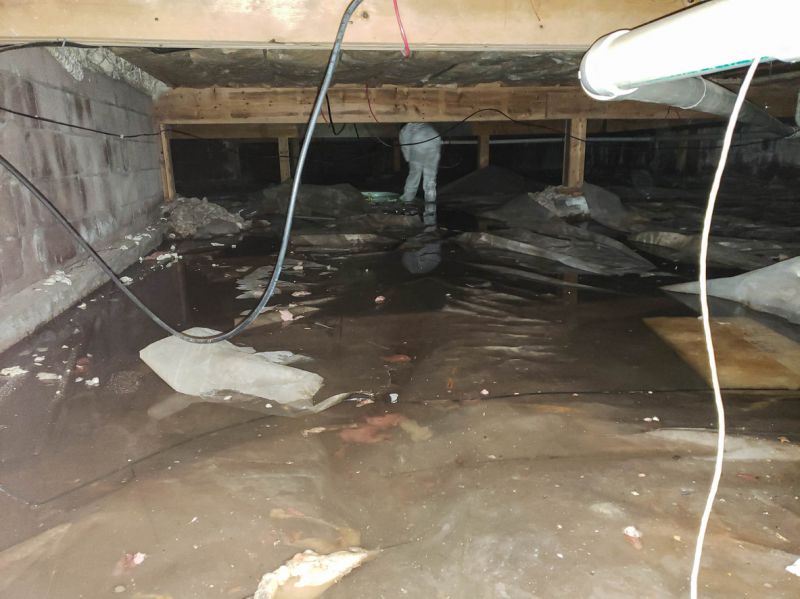
Ways to make Waterproofings work in tight or awkward layouts.
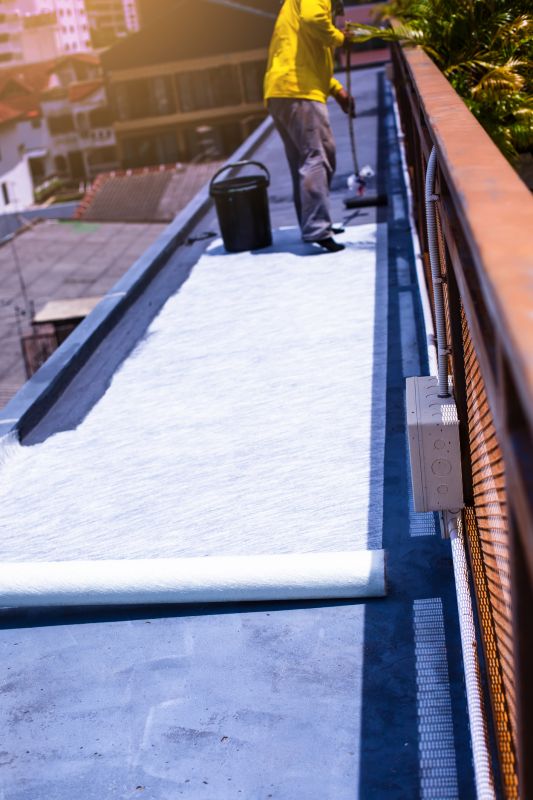
Popular materials for Waterproofings and why they hold up over time.
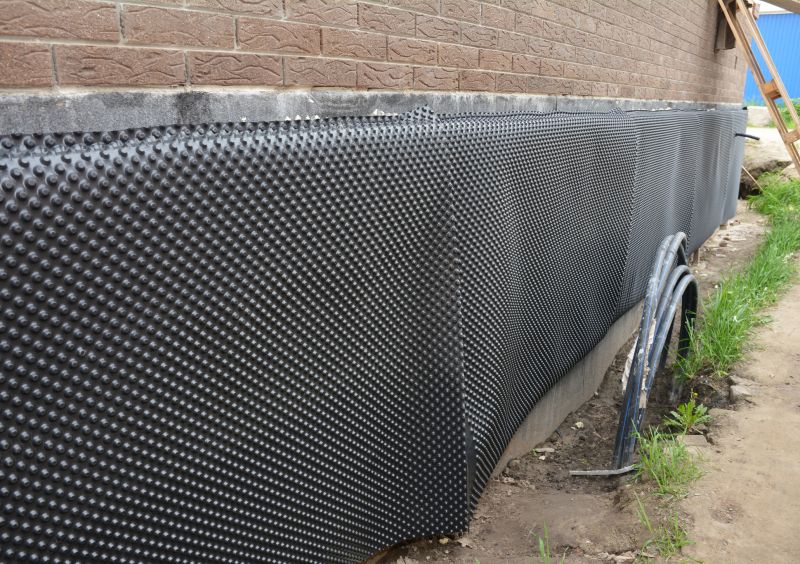
Simple add-ons that improve Waterproofings without blowing the budget.
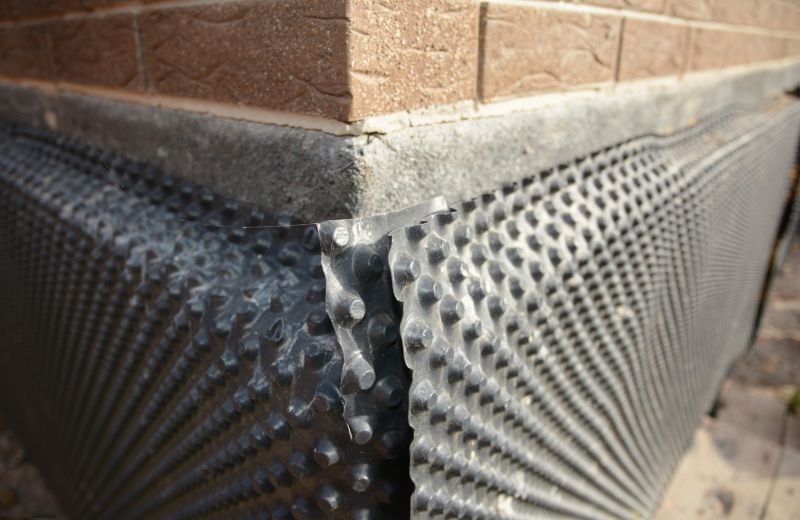
High-end options that actually feel worth it for Waterproofings.
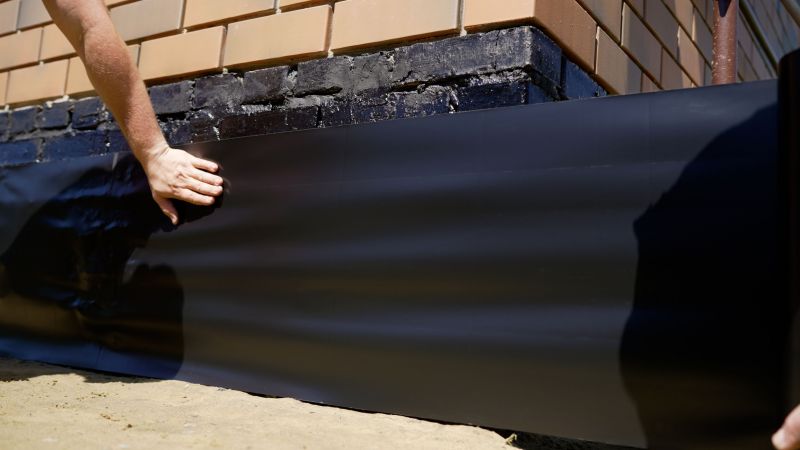
Finishes and colors that play nicely with Waterproofings.
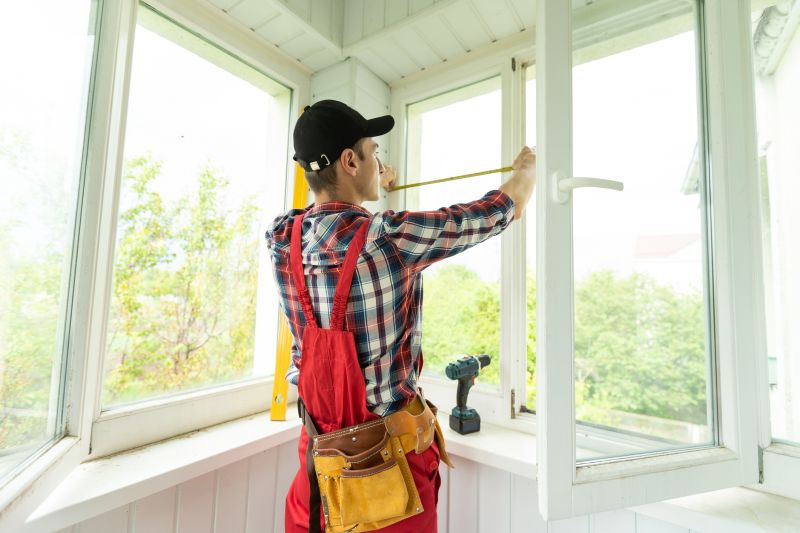
Little measurements that prevent headaches on Waterproofings day.
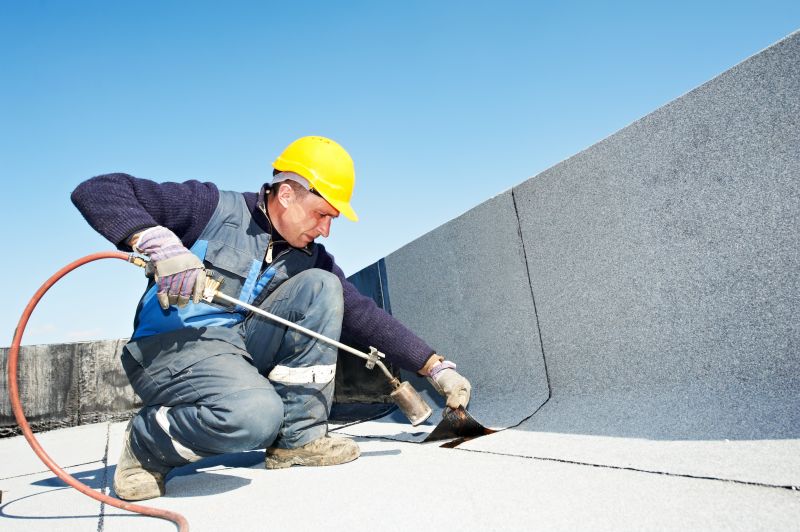
A 60-second routine that keeps Waterproofings looking new.
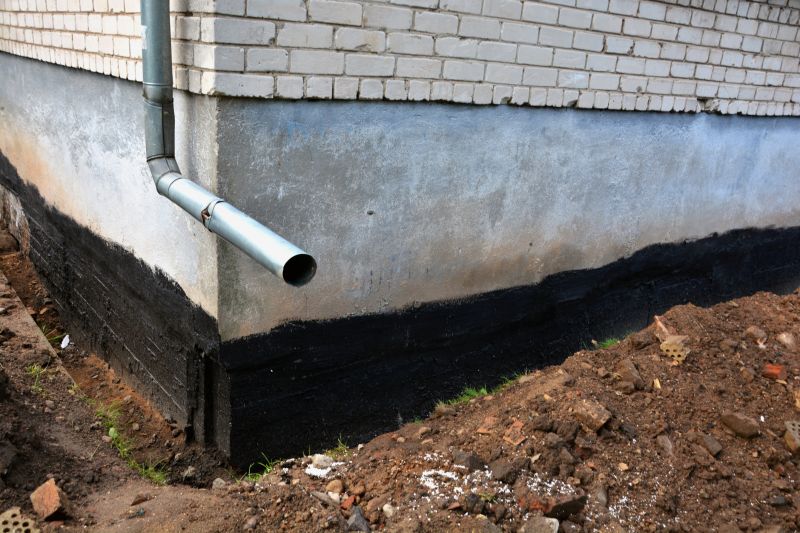
A frequent mistake in Waterproofings and how to dodge it.
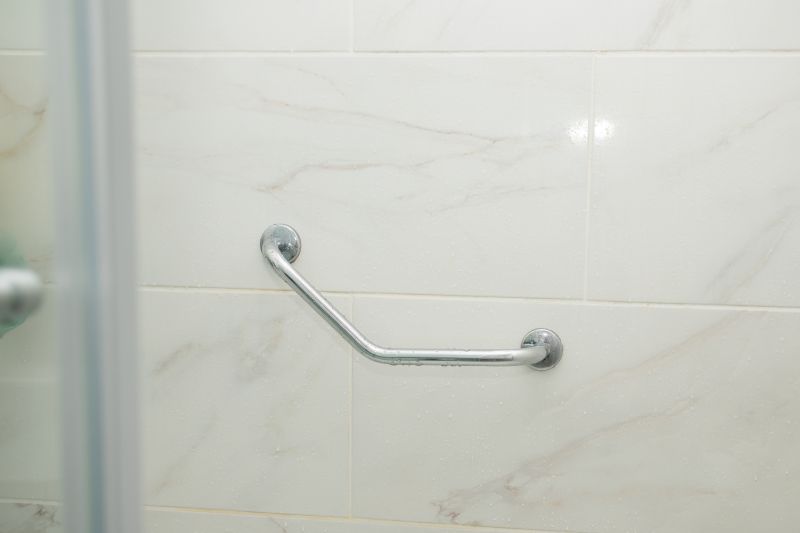
Small tweaks to make Waterproofings safer and easier to use.
| Season | Recommended Conditions |
|---|---|
| Spring | Moderate temperatures, low humidity, dry days |
| Summer | Warm temperatures, low to moderate humidity, dry weather |
| Fall | Cooler temperatures, less rain, dry conditions |
| Winter | Freezing temperatures, snow, and wet conditions not suitable |
Waterproofings are essential for protecting structures from water intrusion, which can cause damage, mold growth, and structural deterioration. Proper application during the appropriate season enhances the longevity and effectiveness of waterproofing systems. Different materials and methods are suitable for various weather conditions, making timing a critical factor in project success.
Statistics indicate that waterproofing failures often occur due to improper timing or application in unsuitable weather. Ensuring that projects are scheduled during optimal periods reduces the risk of issues and extends the lifespan of waterproofing investments.
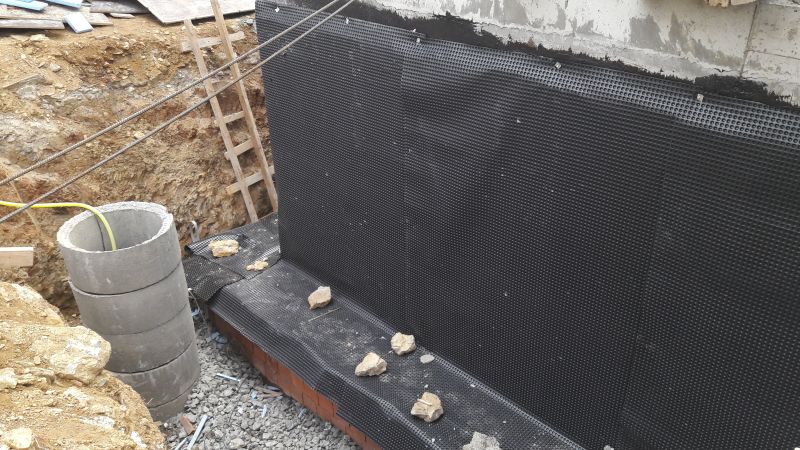
Lower-waste or water-saving choices for Waterproofings.
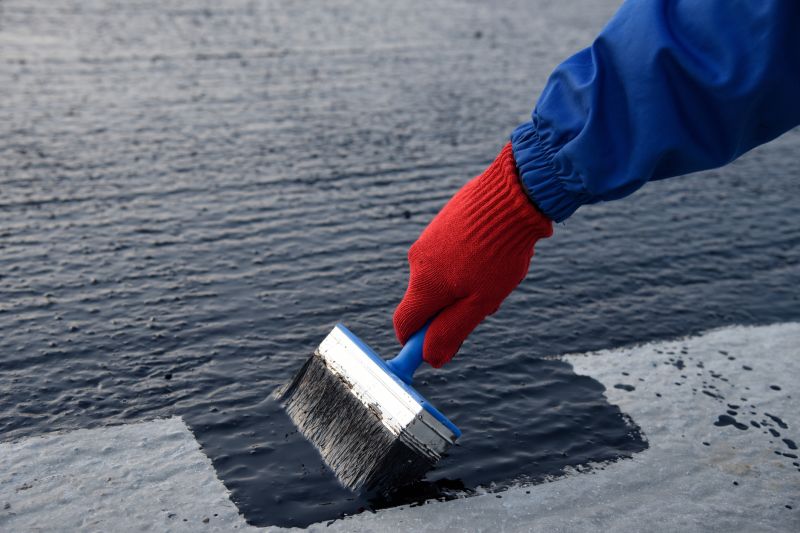
The short, realistic tool list for quality Waterproofings.
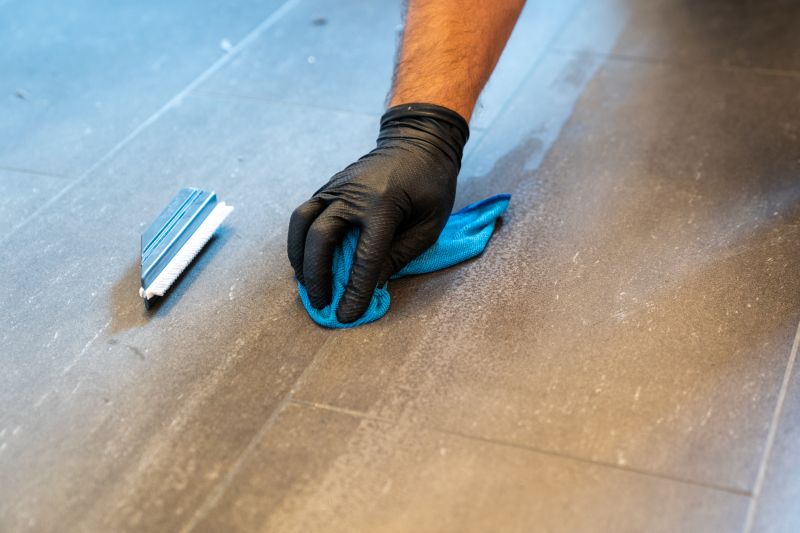
Rough timing from prep to clean-up for Waterproofings.
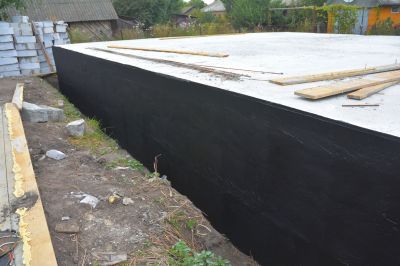
Quick checks and paperwork to keep after Waterproofings.
Interested parties are encouraged to contact for further information about waterproofing options and scheduling. Proper timing can significantly impact the durability and effectiveness of waterproofing systems, ensuring long-term protection against water damage.


